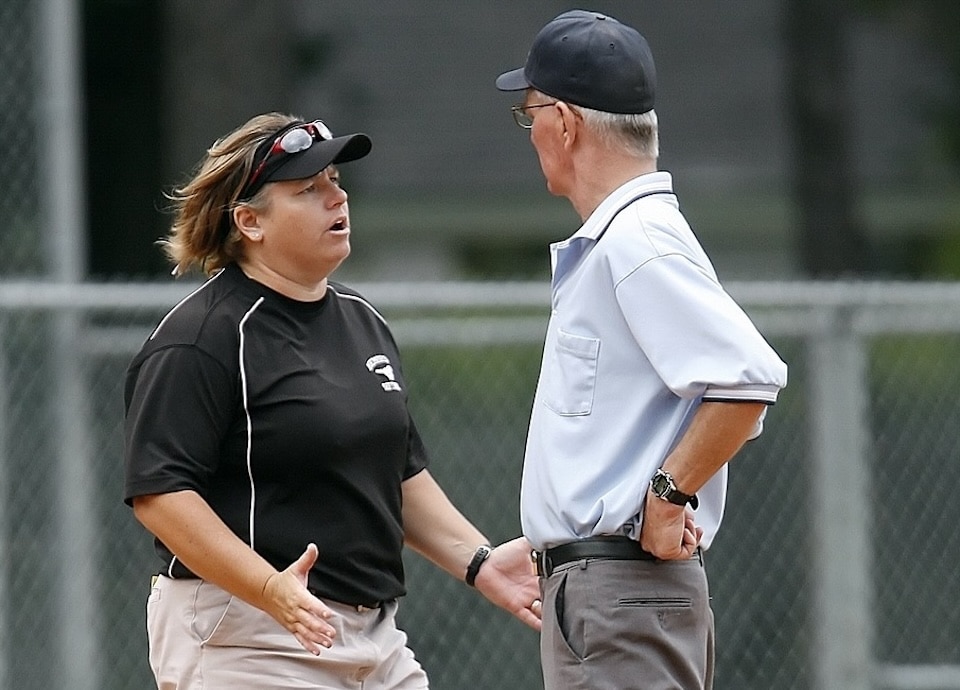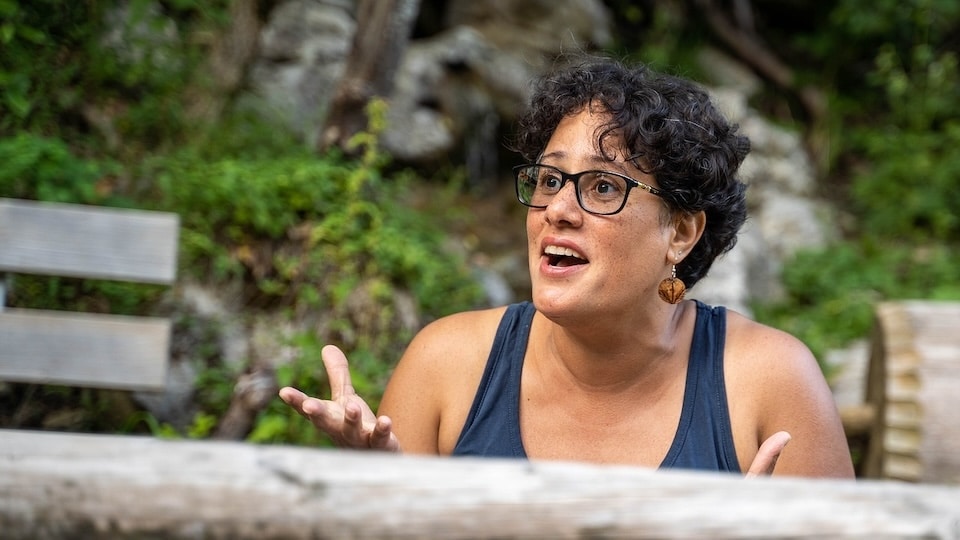Verbal de-escalation is a mode of communication used on/with people who are showing signs of hostility. In simple terms, de-escalation is a practiced “language” to reduce the intensity of the event in a nonviolent manner and to re-direct a potentially antagonistic situation.
I think it is safe to say that 100% of WON’s readers have been in some sort of argument with a loved one. I can also safely assume that many of you wished it would have never happened or that you thought the outcome could have been better … if only, perhaps, you had handled it with a little more respect and tact. I know I have. We all battle our responses to conflict due to power struggles, egos/pride, feelings of disrespect, and stressful factors that impact our decision every single day.

You can use a few of the tips listed below to help de-escalate a situation with a family member or someone you may know, but in this article, I will highlight de-escalation techniques with a stranger.
The benefit of learning basic principles for handling situations to alleviate someone’s distress has no bounds. To be able to listen to someone, and calmly deal with conflict, increases our level of safety. It is important to know that there is a difference between trying to defuse aggression that is already in motion and defusing before someone becomes aggressive. Knowing the warning signs and understanding body language that is showing potential of violence is very valuable.

I am not a law enforcement officer, but I was able to study and gain a depth of knowledge because there are so many police training programs out there that promote all sorts of verbal techniques to use instead of force.
Let’s look at some de-escalation steps that have an excellent history of working well:

Now let’s get to the most frequently ask question, “Does it really work?” The answer is YES! Dolan Consulting Group states, “The impact of verbal de-escalation training has been evaluated in law enforcement, hospital, educational, business and psychiatric settings. Despite the fact that these evaluations have included training courses of different lengths and different types of curricula, the findings are consistent. Verbal de-escalation training provides individuals with knowledge, tools and tactics that give them greater confidence and control in situations involving interpersonal conflict. While de-escalation training does not eliminate all conflict and violence, by applying the knowledge, tools and tactics they learned, individuals can defuse more conflict situations that might otherwise have led to violence. The existing evidence is growing and consistently reveals the same conclusions.
“Armed with this knowledge, it would seem that any people-intensive industry or profession would be well-served to prioritize routine training in verbal de-escalation skills”.
I personally think this knowledge is beneficial for the general public as early as teens through our mature population and can be used in most environments like work, public places, schools, etc.

You can practice this everyday with normal events or you can “stage” them with friends. You see, de-escalation techniques are learned skills that needs to be practiced. Have you ever trained in a scenario based setting? All you need is a few loved ones, designate who will be the criminal actor and practice these techniques in a fun, challenging, and controlled setting.
Shelley Hill wears a "bunch of hats." Her husband, Brian, named her the “Indispensable Organization Wizard” about 25 years ago and that has become her official title. Shelley is co-owner, XO and instructor at The Complete Combatant. She is an HK Brand Ambassador, publishes regular articles in Women’s Outdoor News and Shooting Illustrated, teaches online classes, is an Active Self Protection Certified Instructor, an Instructor Graduate of Modern Samurai Project's Red Dot Instructor program, NRA Certified Instructor, Certified NRA Chief Range Safety Officer, Refuse to be a Victim Instructor and is a Certified OC (Pepper Spray) Instructor through Chuck Haggard's Agile Training & Consulting. She is the designer and mastermind behind Image Based Decisional Drills, Smart Choices , LockedIn Grip, The Complete Combatant's annual The Mingle for professional ladies in the "firearms/self defense" industry and The Quest for red dot shooters. She is also the President of a non-profit organization called Blue Line Ponies. This 501c3 focuses on providing a retirement range for our career service horses. Shelley is also a presenter at several national conferences is a public speaker and she actually loves people. View all posts by Shelley Hill